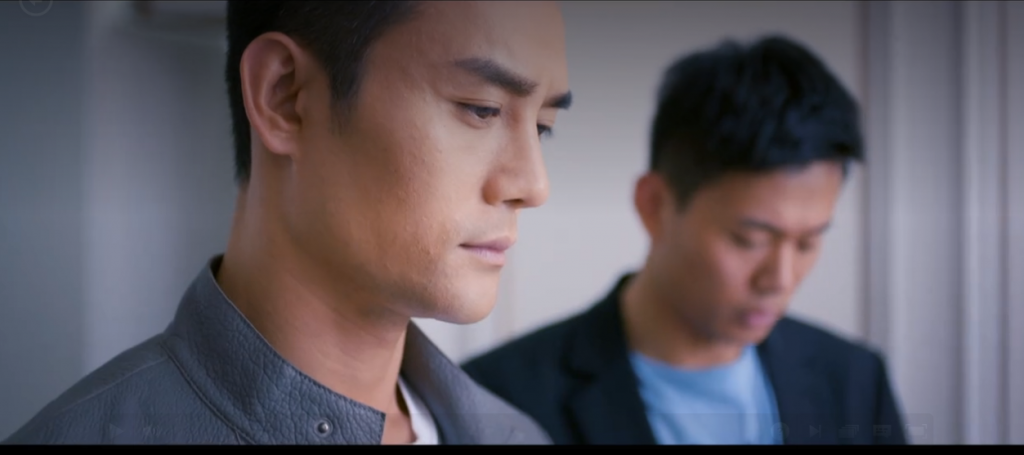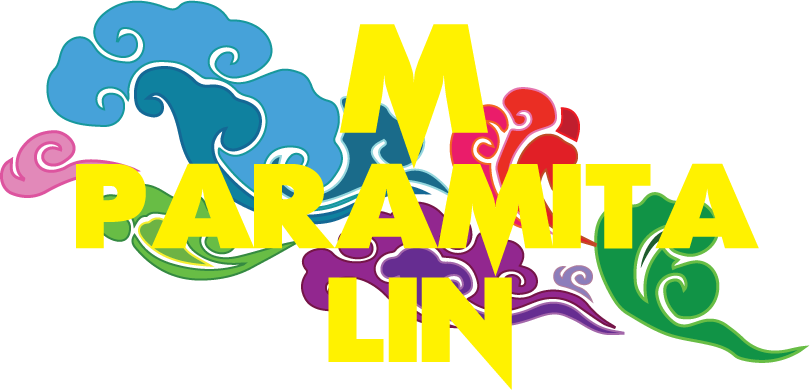
When a Snail Falls in Love was almost an entry in my Tough Guys, Gangsters, and Delinquents in Asian Pop Culture series, but it didn’t really fit into the themes I’m exploring there, so I thought I’d write about it separately. I think the show is being misleadingly marketed as a romance when it’s actually more of a procedural/crime/action show, but regardless of the genre, it’s extremely enjoyable and ends too quickly (more about this below).
1. If you’ve found this post via a search engine, I know why you’re here: Wang Kai. And yes, I understand because that man is a sex- (typo and it stays) foot-tall drink of (ahem) Oolong. Men like him are the reason Chinese men should still wear their hair long like this:
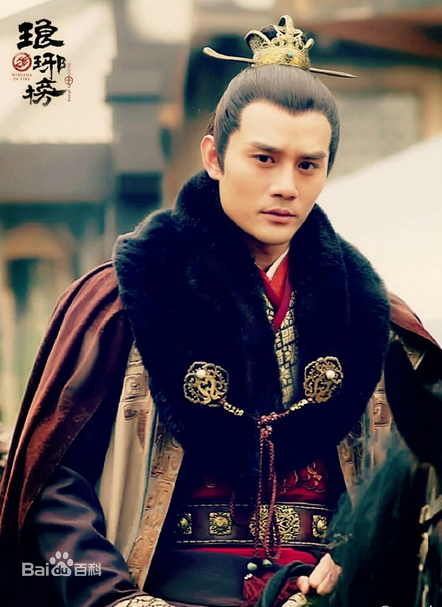
For those of you who missed out on his previous hits like All Quiet in Peking and Nirvana in Fire, Wang Kai is the dude who inspired the Weibo hashtag “What is the point of life if I can’t sleep with Wang Kai” which eventually morphed into “I will study hard for Wang Kai” and “If I study hard, can I sleep with you?” after he said in an interview that people should study hard so that they can sleep with someone they love one day.
For those of you who haven’t missed out on his previous roles, it won’t come as any surprise that Wang Kai is great in When a Snail Falls in Love. He is one of those actors who very quietly and naturally inhabit a role; there’s no scenery-chewing here or flashy “actor” performances. His character, Ji Bai, is an upright police special unit head, one of those tough guys whose toughness comes from their determination to do the right thing and protect the weak and vulnerable. I don’t know if you’ve ever met anyone like that in school, but he’s that one dude who comes from a loving family and is good at everything but still humble and just terribly decent.
And what’s really great about this performance that even though he’s good looking, that’s not what makes him attractive in When a Snail Falls in Love. In fact, dare I say that you almost forget his pulchritude because it’s Ji Bai’s decency and protectiveness that comes through the most and makes him very attractive.
And that kind of attractiveness is not restricted to Ji Bai–second team leader Zhao Han, played by Heng Yu, isn’t as classically handsome as Ji Bai, but like Ji Bai, he’s also generous and kind, which makes him incredibly attractive, too.
And that leads me to Thought #2…

2. Non-toxic or positive masculinity.
Speaking of the two male leads, there’s also a deep sense of brotherhood between Ji Bai and Zhao Han, and it’s not covered over by homophobic “no homo” attitudes. The two like to hang out and spend time with each other and clearly love and protect each other. It’s interesting how different a lot of Western films and shows portray brotherhood–often there has to be some kind of macho jostling or pretence that the bond isn’t as strong as it really is. It could be said that When a Snail Falls in Love is a typical Asian film where affection between two men is treated as normal.
I also enjoy shows like this where the male characters don’t have to prove their virility or masculinity by being a cad or a ladies’ man or whatever measurement it is that some people think is important. There’s nothing wrong with sex, but there’s just something profoundly sad about men measuring their self-worth with the quantity of their sexual partners–and not just that, but to see women as conquests. In fact, one of the bad guys in the series is a playboy, and he’s treated with general contempt by all the other men and not a few of the women.
When a Snail Falls in Love flips the conquest narrative because Ji Bai is the guy that all the women (and even the men) admire and like. Because he’s not dense, he’s aware of that, but he doesn’t use his attractiveness to manipulate or harm women; you could say that he kind of shrugs it off because he’s able to relate to women as people, if not friends, even if they’re attractive. (Just a note here: I genuinely believe that you can acknowledge the attractiveness of a friend without actually wanting to date or sleep with them.) There’s also no conquest in the relationship he develops with Xuxu–in fact, it’s one of the more realistic depictions of how relationships can deepen when you’re in close contact with someone because you get to know who they really are instead of “seducing” or harassing them to sleep with you. I have to say, too, it’s that kind of slow unfolding of feelings that causes the most thrills–those moments where the smallest gestures feel charged with all kinds of amazing feelings.
In other moments of positive masculinity, as I’ve mentioned previously, Ji Bai doesn’t use his strength or skill to hurt or intimidate people: there’s no threat of physical or emotional violence here. But what’s even more gratifying is that he doesn’t expect women to be defenceless victims, and he doesn’t treat women any differently from the men on his team. He’s just as tough and as loyal to them as he is to the men, which in fact is why psychologist and profiling intern Xuxu (Wang Ziwen) doesn’t really get along with him in the beginning–he doesn’t want someone on his team who is as physically unfit as she is. He expects her to be good at her job; and there’s no assumption that as a woman, she won’t be.
Which then leads me to Thought #3…
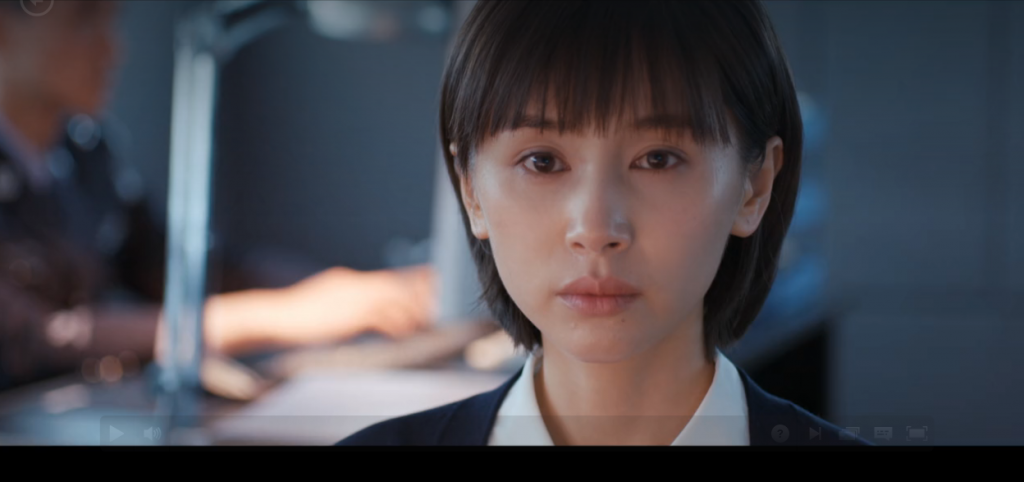
3. Wang Ziwen is also pretty great here. I’m not entirely on board with the theme that Xuxu is the “snail” while Ji Bai is the “lion” mostly because I don’t really like the snail metaphor. Xuxu is the snail because she’s really short, and for someone who’s a Sherlock Holmes-level profiler, she’s really slow on the uptake when it comes to her feelings (and physical abilities). I know the snail is supposed to create this big contrast with Ji Bai’s lion, who’s an energetic and powerful leader and her senior, just…snail, though?
With that said, Xuxu’s character is the one who gets the arc that is usually reserved for male protagonists: she starts off as an emotionally repressed genius who deals with everything using logic but importantly, she has a core of empathy that allows her to grow. Ji Bai is like the female romantic lead who doesn’t really change throughout the course of the story, but Xuxu is the one whose struggles are focused on.
I also love that she and the other female rookie are dressed sensibly for the job–trainers and comfortable, practical clothing–and aren’t written in a way where their characters exist to make the men look awesome.
Which then leads me to Thought #4…
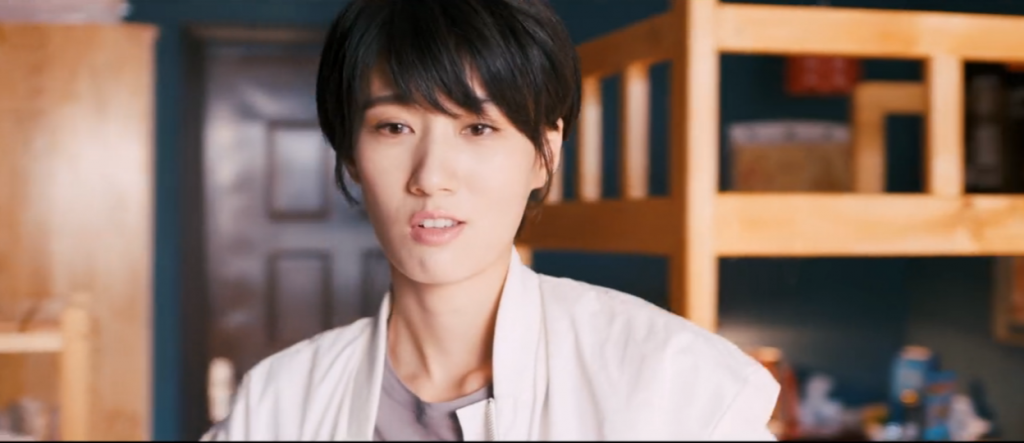
4. Yao Meng.
Xuxu ends up making friends with her roommate and fellow police rookie, Yao Meng (played by the awesome Xu Yue). Yao Meng and Xuxu are opposites, with the athletic and friendly Yao Meng being one of the strongest and most extroverted people on the team and Xuxu being the smartest and most introverted one. Even though Yao Meng has a crush on Ji Bai (actually, it seems like everyone on the team does regardless of gender), it doesn’t get in the way of the women’s friendship. Also, I like how the crush is portrayed because it’s one that I’m familiar with: you see someone who is just so cool and awesome that you can’t help but have a crush on them without expecting it at all to become romantic.
Yao Meng gets a couple of really cool action scenes, and she experiences her own arc where she overcomes her PTSD after people she’s supposed to protect are killed, her superior is shot, and she herself gets seriously injured. Zhao Han has a massive crush on her in turn, and he says one of the things that endeared him most to me because it’s so true:
Teammate: If her future husband makes her angry, she’ll knock his teeth out.
Zhao Han: Whoever marries her would be such a lucky guy, why would he make her angry?
DAMN RIGHT.
I was also impressed with Xu Yue’s ability to do different accents in Putonghua because it’s something I wish I could do. I think maybe I have a crush on her.
Which then leads me to Thought #5…
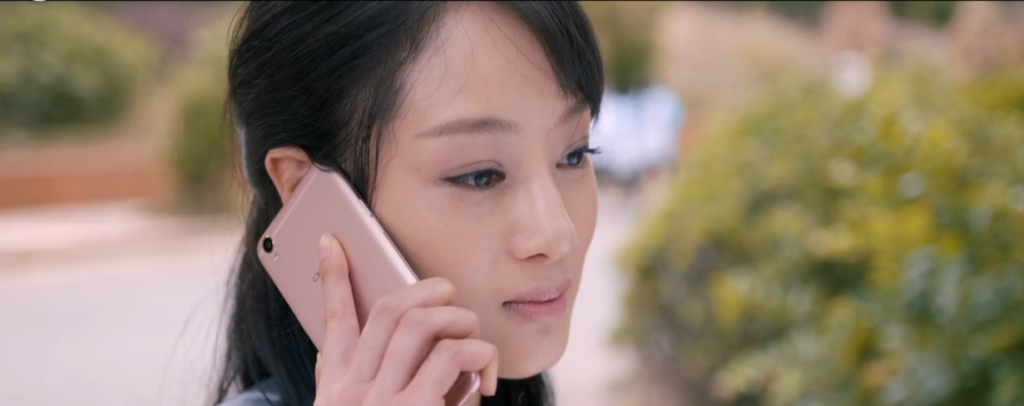
5. Ye Zixi. Oh Lord have mercy, this bish. I hate, hate chicks like this because I have been burned so many times–effort and loyalty and time absolutely wasted–by toxic chicks like this. We all know them: beautiful, sad girls who are always calling you because they’re depressed or drunk or in danger or whatever bullshit they want to come up with. They love the feeling of being able to make their friends go out of their way to help them because they love the sense of power and control they have over you.
These chicks are so manipulative, they will call you at two AM talking about how thankful they are that you’re their truest friend, and that “no matter what happens to me tonight, I’ll always remember how you took care of me.” So you have to get out of bed because they’re not answering their phone and you get all stressed out until you hear back from them (usually at 10 am when they’ve finally had a great night’s sleep), or worst case scenario, you have to go out and look for them.
I’m sad for Ji Bai that he had a Zixi in his life–she was in love with him, of course, but THANK GOD our guy is too smart to fall for her bullshit, although he did see her as a little sister. *Spoiler* Good thing she died.
In When A Snail Falls in Love, Zixi is drawn by Xuxu as a sad swan, and I don’t disagree because swans have shitty personalities that rank about the same as Canada geese.
Which leads me to Thought #6…
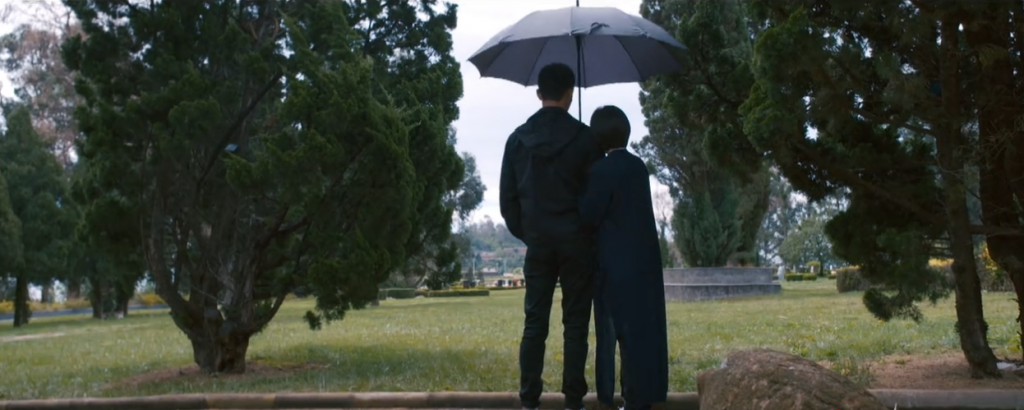
6. Speaking of shitty…what the hell was that ending? I don’t blame people on Weibo freaking out because I had no idea what the hell happened. The writers deprived us of some really great story lines and I am disappointed. If there’s going to be another season of this, I hope they rectify this.
7. Final thought: it’s always disappointed and surprised me when people I know who pride themselves on being so liberal and/or socialist turn out to be anti-China–and so many of them are. They believe that China is some kind of Orwellian dystopia instead of just another country struggling with inequality and trying their best to figure it out and get over collective PTSD.
These people, who are so quick to jump on alt-righters for believing in fake news, ironically don’t believe that they themselves have been brainwashed by generations of neo-liberal capitalist propaganda that’s designed to ensure Western hegemony. Ever wonder why any country that resists the West is immediately branded as some kind of backwards, monolithic country with outdated traditions (which are usually a remnant of colonization, anyway)? And yes, pop culture is also soft propaganda–come on, Captain America? It’s like me coming up with Commander China. (Hm…maybe I should do a series on the propaganda in Western pop culture.)
In every country, there are always people who are dissatisfied with the government, but it’s the West who actively funds and pays off these people to create instability so they can swoop in and install their own puppet government. If this sounds like paranoid conspiracy talk, look up what the West, particularly the US, has done in multiple Third World countries.
China has issues with privacy and human rights–just like every other country, including countries that so want to portray themselves as the good guys, like the US. What is happening in the West is worse than what is happening in China. I feel like all the attention on so-called Chinese human rights issues stems from anti-Chinese racism just couched in “democratic” talk.
I want to see China do better, because I don’t want China to commit the same evils that the West has. Now how is this related to When a Snail Falls in Love? I think shows like this contribute a lot to a vision of China–upright cops, kind people, justice being served–that helps the actual China move forward because they have something to live up to. Shows like this are important, and I think it’s important to both support narratives like this.
And besides, who doesn’t want to see more of Wang Kai?
